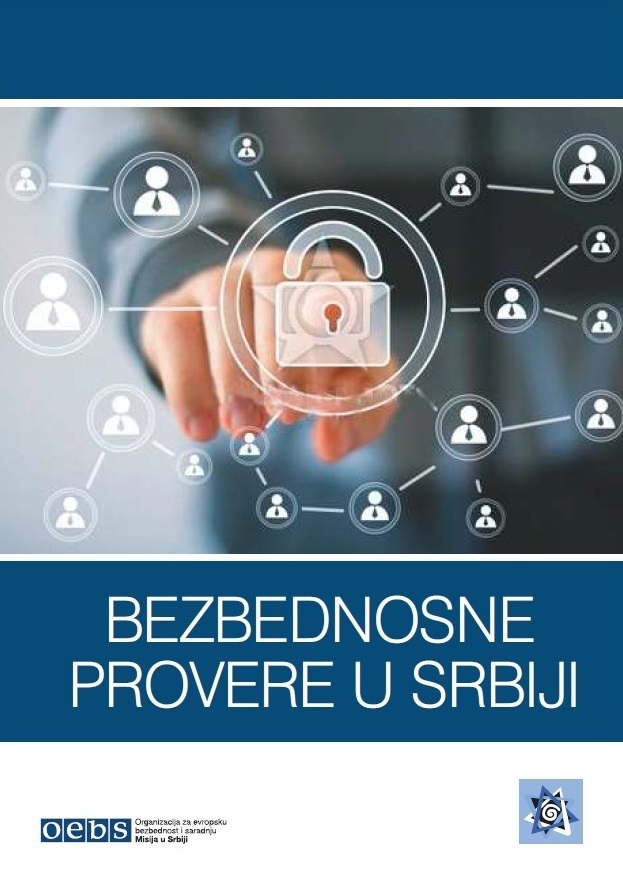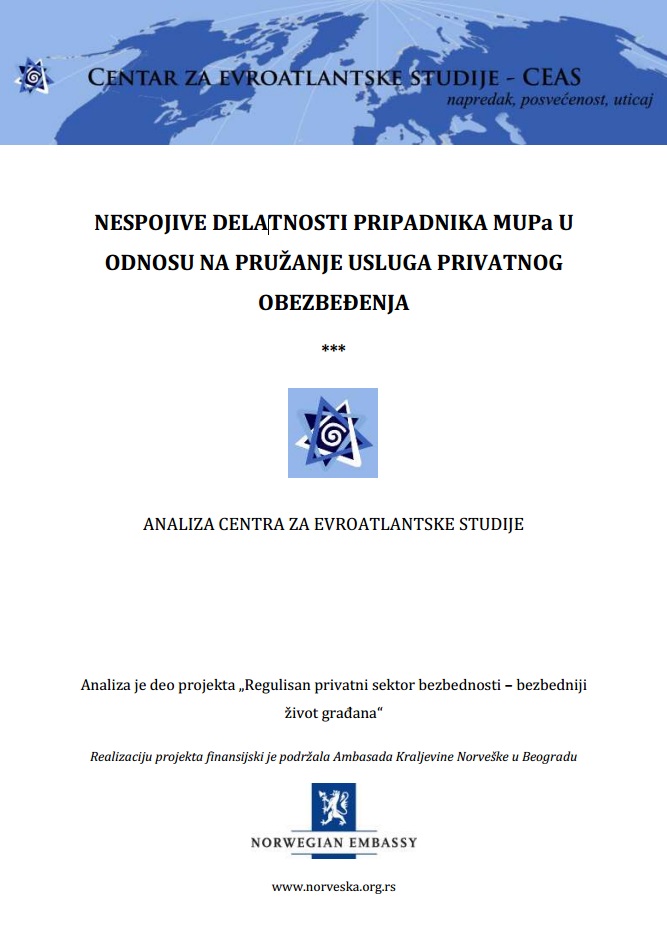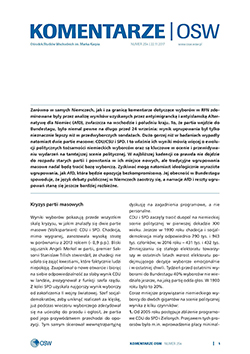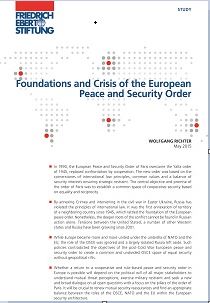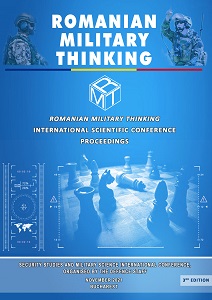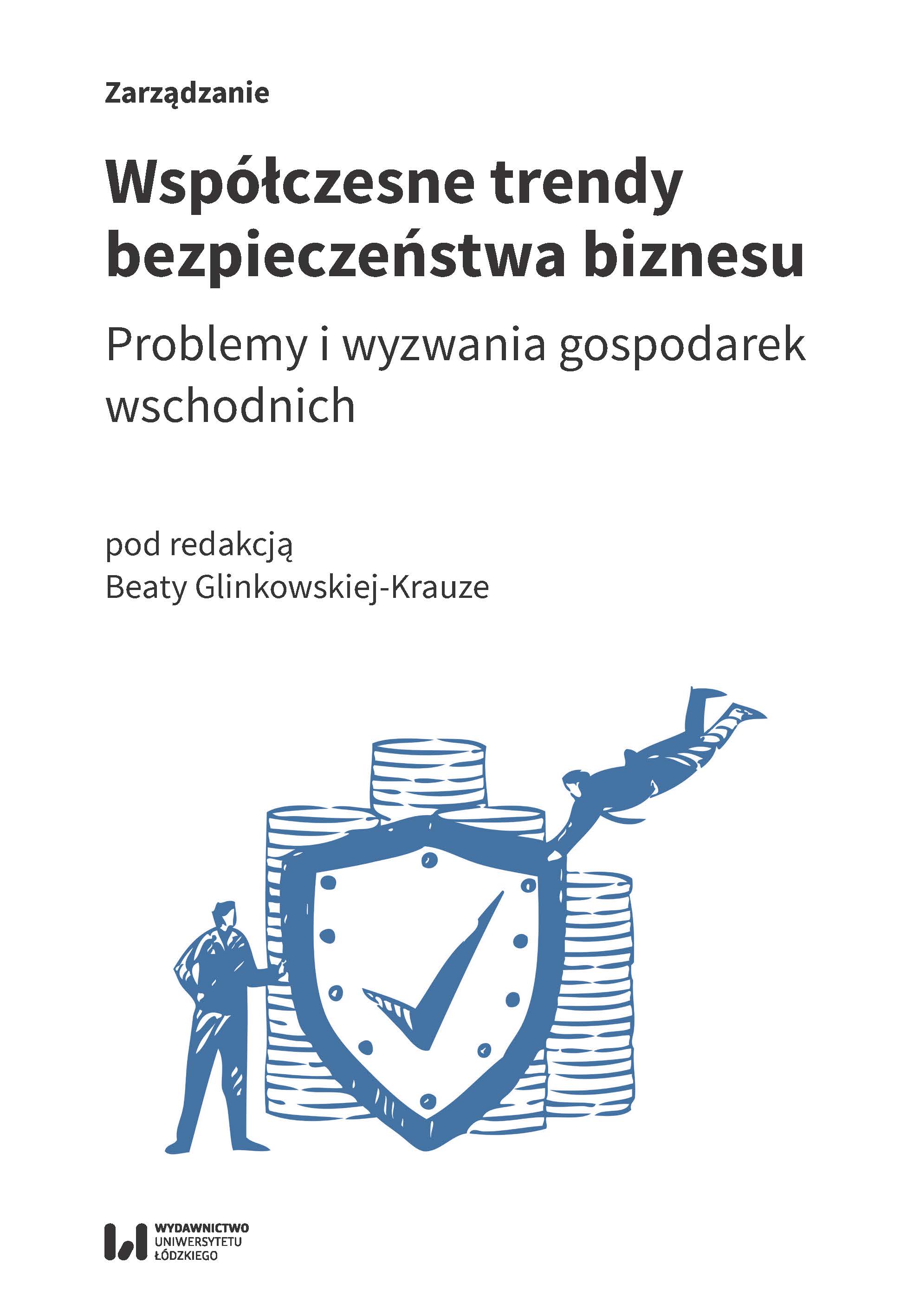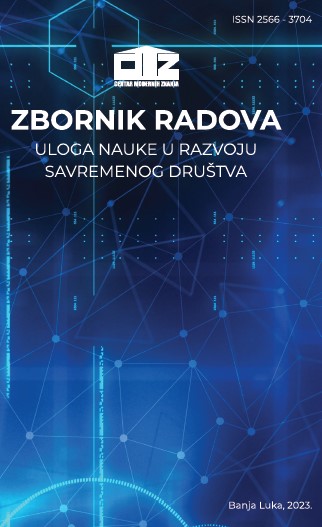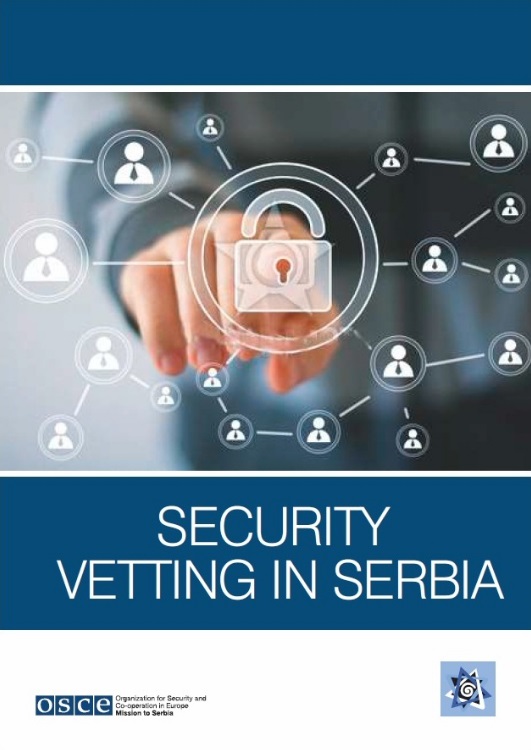
Security Vetting in Serbia
Accordingly, a project of the Center for Euro-Atlantic Studies from Belgrade (CEAS) entitled Adoption of Law on Security Vetting - Towards Greater Consistency with the Constitution, supported by the Organisation for Security and Cooperation in Europe (OSCE) Mission to Serbia, aims at opening a wide public debate on security vetting, regulation of this area in other countries, legislative regulation and relevant practice in Serbia, as well as giving specific recommendations for improving the current situation.
More...

